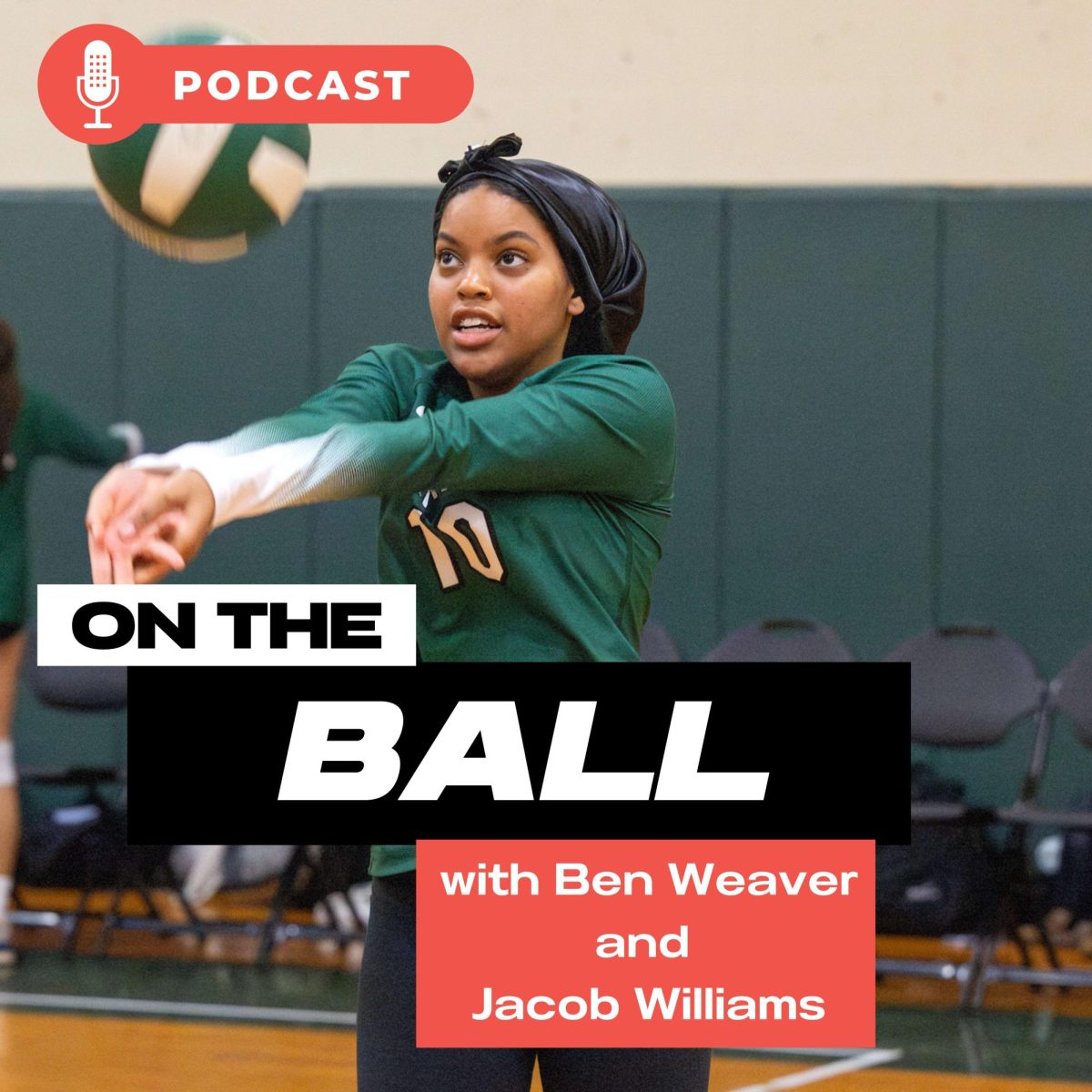There is no doubt that sports are beneficial, not only physically, but also mentally and socially.
But what about kids who don’t enjoy sports? Should schools mandate that every student participate in sports, even those who don’t want to?
Exercising allows your body to produce endorphins. The pumping up of endorphins helps increase happiness and improves mindfulness. With the daily stresses of the school day that students face, it’s essential to exercise.
The decrease in stress after exercising continuously is truly life-changing. According to the Mayo Clinic, exercise functions as “meditation in motion.” After a couple of hours of intensive exercise, our brains will forget the stress and irritation we may be fixated on and let go.
Along with the positive mental aspect, sports also help you physically. Particularly sports and exercising help strengthen your cardiovascular system, build muscle, and reinforce your digestive and immune systems.
By improving these physical aspects you can protect your body from injuries and illnesses.
As for School, the sports requirement is rather flexible.
“You can either fulfill the sports requirement by doing two team sports and then take one of the seasons off, or you can do an activity during all of the sports seasons,” Athletic Director Tom Nelson said.
Athletes either practice or have games almost every weekday during the season. They practice approximately 7.5 hours a week.
Unlike core classes where students are typically in class with kids their age, in sports, teammate age can vary from around one to three years.
Having someone older to look up to is consoling and knowing you will always have coaches, captains, and teammates by your side is comforting.
Having a diverse team environment means that practices are filled with music, laughs, and amazing memories. Leadership is an empowering part of playing a team sport.
For students who are accustomed to doing independent work all day, being a part of an inclusive team five days a week can help them grow as a person.
“It [sports] allows people to learn how to do things as a team,” Nelson said.
Although playing school sports has many benefits there are also downsides. Playing an intensive sport five days a week after school can be incredibly overwhelming for students who have a heavier course load and rely on time after school to do their work.
In addition, the School prioritizes sports over more artistic commitments, which can be challenging for students who are invested in the arts.
“Because you might be a person who really is not interested in sports, it can be stressful,” Nelson said.
Also, for students who struggle with athletics or have physical limitations, sports can become something to dread instead of enjoy.
Nydia Comenzo ‘27 agrees with the requirement by saying “I think that it’s important to engage in athletics so you can connect with people from different classes or people who you don’t talk to often in a different setting that just in class.”
Rachael Rosenberg ‘27 opts out of the sports requirement since she is actively involved in the arts. She disagrees with Comenzo.
“I do think one theater should have a larger role in the requirement. You should be able to do theater and fulfill your requirements and to have some sort of in-school options for students who don’t have that kind of time,” Rosenberg said.
Yes, sports can be stressful, but so is math. However, it is essentially for growing and taking care of yourself. Free time is something all students sacrifice, and in the long run, the friendships and teamwork skills are going to make it all worth it.
Therefore, the School should continue to have a sports requirement.























































